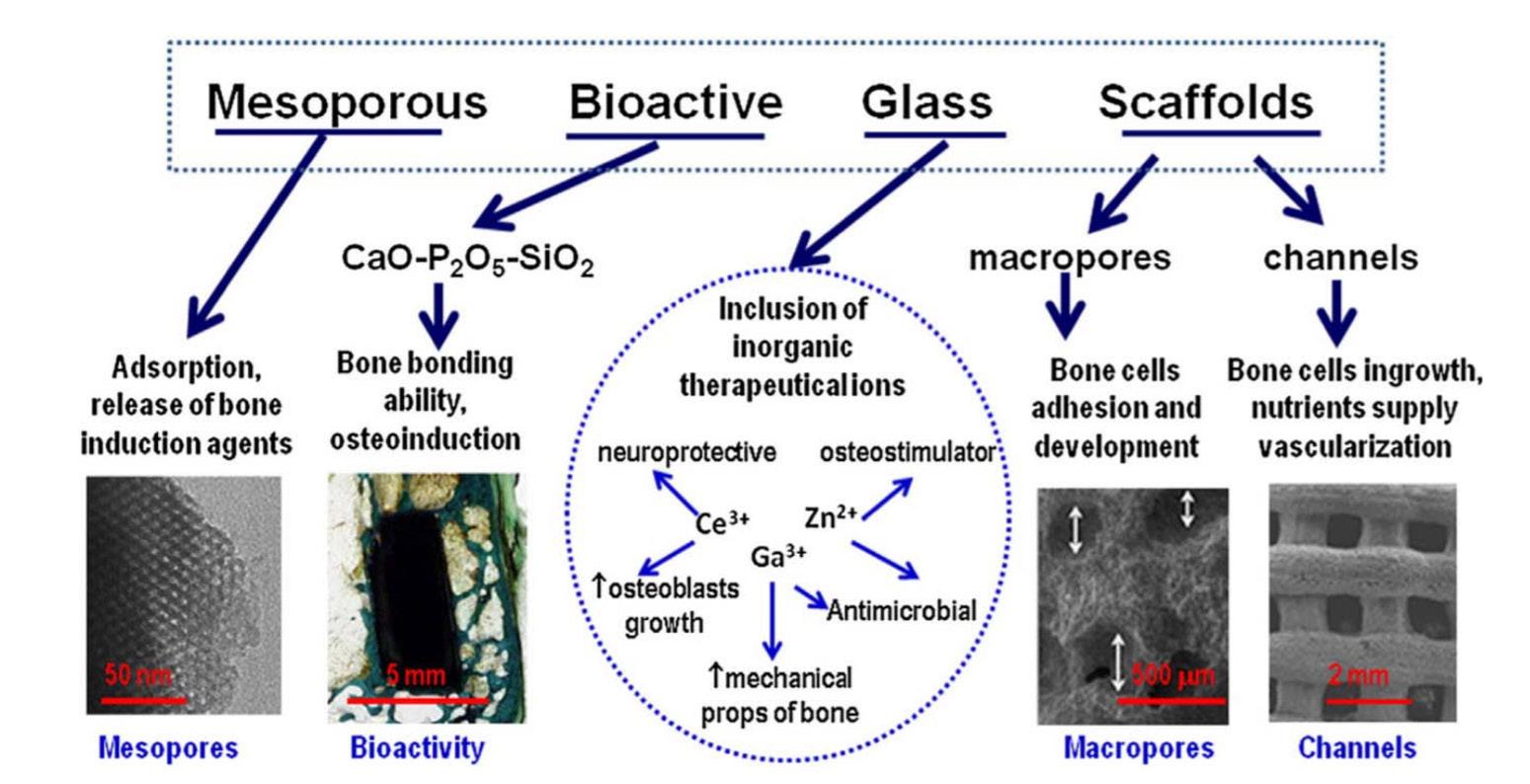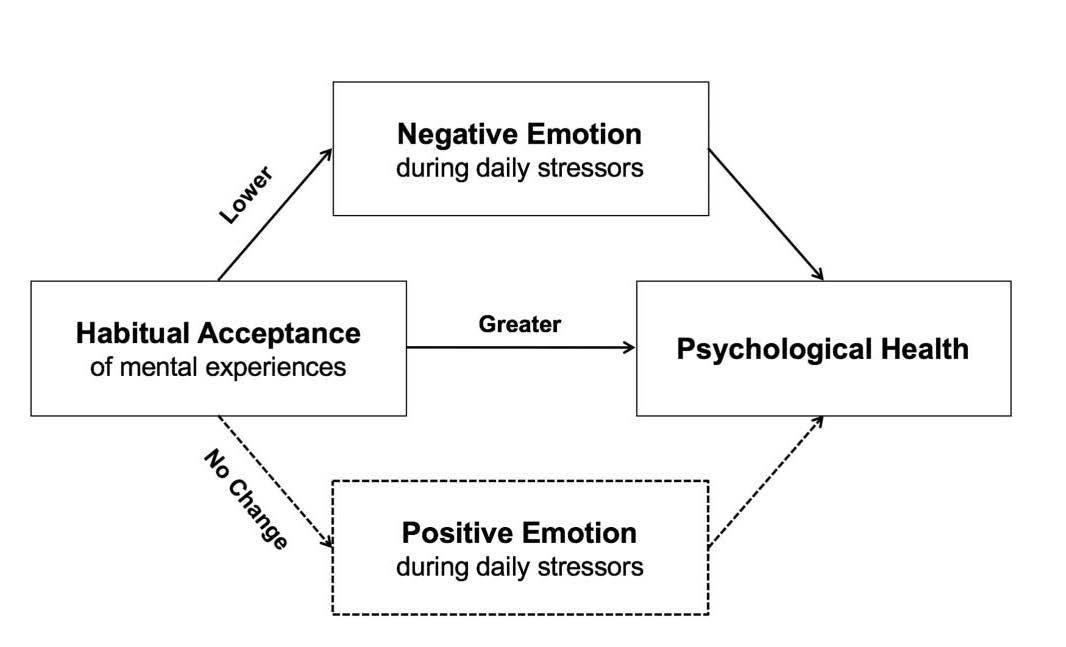
4 minute read
Presentation: Ethics in Research
from Mindscope Issue 12
by MindScope
a presentation by Sarah Auletta, Public Health Major, 2024
Known in the science community as HeLa, and unknown to everyone else, Henrietta’s Lacks’ cells are widely used as sample cells for scientific research around the world. Her story is even lesser-known than the use of her cells and deserves a place in every classroom. Henrietta Lacks was an African American woman who was diagnosed with cancer, but was brushed off by medical professionals due to racial discrimination. Her health rapidly declined and she died soon after. It was at this point that her cells were harvested and the discovery was made that her cells replicated on their own. This served a need in the science community for countless experiments, so her cells were distributed with the name HeLa and shipped worldwide. Her family was unaware, and when they finally found out, it sparked a conversation about consent and the rights to family members postmortem. The following slides are from a presentation given on the book The Immortal Life of Henrietta Lacks that also includes similar stories. We have shed light on this issue but the lessons still need to be spread. I urge you to consider this story as you conduct your own research, and next time you see or use HeLa cells, remember who they came from.
Advertisement
Ethics in Research
1. Author Rebecca Skloot illustrates how patients were severely mistreated in the mid-20th century to demonstrate that practices at the time were not ethical but were necessary to produce the standards that are in place today.
2.
Moore’s Spleen
• Moore’s spleen and cells were taken advantage of: “a patient on Moore’s cells, and several extremely valuable proteins those cells produced” (Skloot 201). • This had to happen to have the lawsuit and Moore win an appeal case which caused many new laws to be put in place to uphold ethics • Cause and effect > cause is Moore being taken advantage of > effect is law

3.
TeLinde’s Samples

• TeLinde was taking samples from Henrietta without consent • “No one had told Henrietta that TeLinde was collecting samples or if she wanted to be a donor” (Skloot 33). • The actions were wrong and should not have been taken. . . but it was necessary for progress to be made with vaccines • Skloot acknowledges the actions were wrong and unethical but produced progress
Treatment of Patients 4. at Crownsville
• Depicts how the “patients were locked in poorly ventilated cell blocks with drains on the floors instead of toilets” and other various harsh conditions (Skloot 275). • Details the unethical studies such as the “Pneumoencephalography and skull
X-ray studies in 100 epileptics” (Skloot 275). • Elsie was subject to these subjects and conditions


So What Do You Think? 5.
• Did we get Skloot’s argument correct? • If you disagree with us what would you change about our interpretation? • Do you agree with Skloot’s argument? • Were these unethical practices necessary to get society to the mere ethical practices we use today? • Did these practices change how ethics in research is today? • Are patients treated better in today’s society? • Is there still mistreatment in the medical field? Is it being covered up or are people aware of it?

6.
Works Cited
1. Chausse, Leslie. “The Immortal Life of Henrietta Lacks.” AP Language and Composition A Period, Apr. 2019, Clinton, The Morgan School.
2. “From the Archives: Crownsville State Hospital.” The Darkroom: Exploring Visual Journalism from the Baltimore Sun, darkroom.baltimoresun.com/2015/01/ crownsville-state-hospital/.
3. “Hippocratic-Oath | Medical School | Doctor Tattoo, Nursing Profession, MedStudent.” Pinterest, www.pinterest.com/pin/184225440982670733/.
4. Qnan, D. W. (1984). Patent No. 4,438,032 . California Berkeley Calif. 5. Skloot, Rebecca. The Immortal Life Of Henrietta Lacks. New York : Crown Publishers, 2010. Print.







